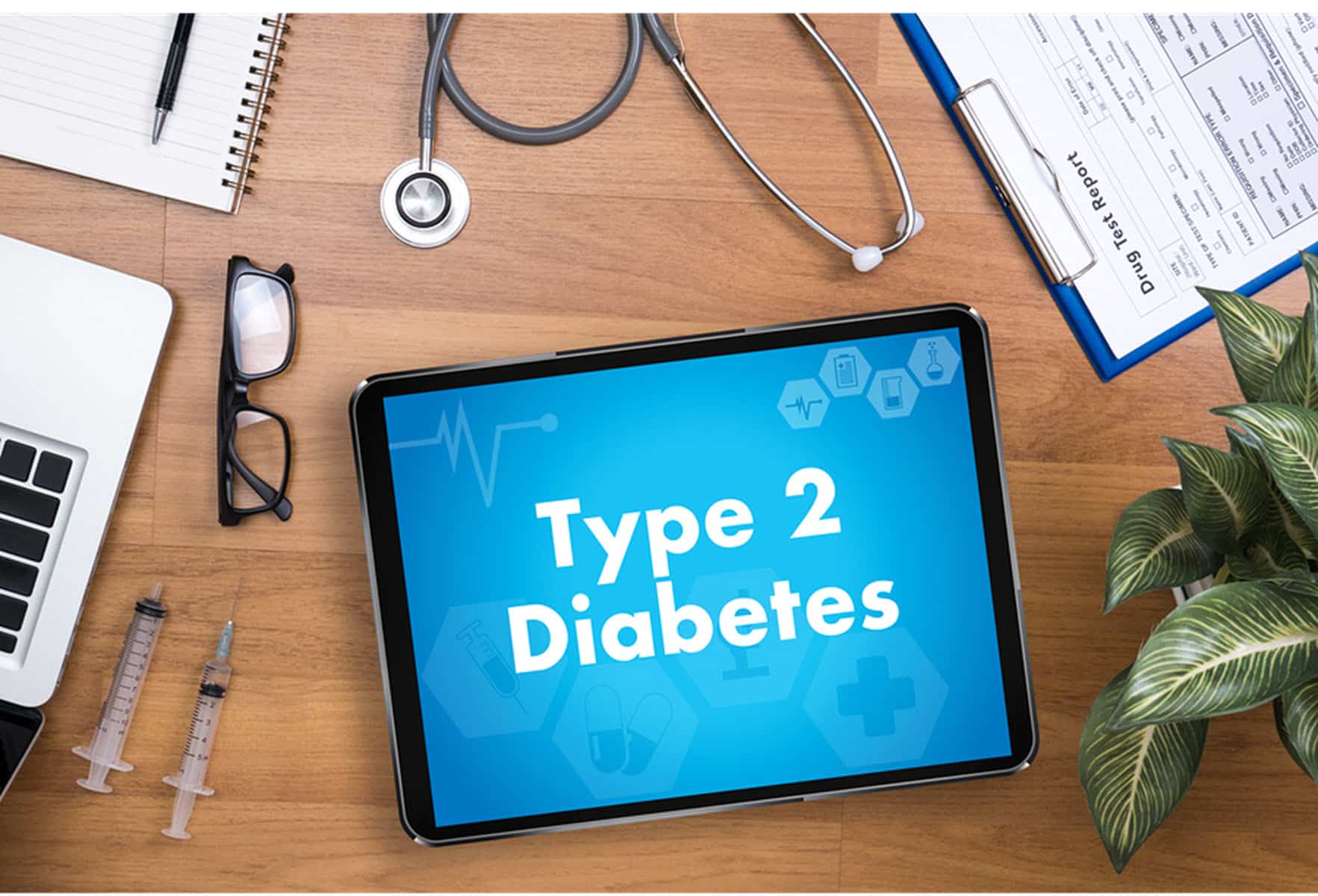Things to Know About Diabetes in the Elderly
The American Diabetes Association estimates, 12 million adults age 65 or older have diabetes. This includes diagnosed cases and those that haven’t been discovered yet.

Home Care Services in Water Mill NY: Diabetes in the Elderly
Type 2 diabetes is the most prevalent form of diabetes in the elderly.
It occurs when your body fails to use insulin correctly and allows sugar levels within the blood to rise too high. It’s the pancreas’s job to make enough insulin, but the pancreas isn’t able to keep up with the demand. Diet, weight loss, exercise, and monitoring blood sugar levels are key to managing the disease.
Those are the basics to diabetes. There’s more to the disease. Here are some facts you may not know.
-Leg Amputation and Blindness Are Possible Complications
Foot care is an essential part of a diabetes care plan. Increase blood sugar levels can weaken the body’s immune system. A cut or sore can become infected easily and be harder to fight. Nerve damage may decrease your pain levels, so you don’t notice the infection until it’s progressed. If this happens, amputation is often the only option.
Diabetes also affects the eyes. Diabetic retinopathy leads to swelling in the back of the eye. Over time, it can lead to blindness. The earlier its detected, the better the odds of preventing the loss of vision.
-Kidney Disease Is Possible
Diabetes can damage the blood vessels in the kidneys if sugar levels are not managed. When that happens, the kidneys do not work properly. This causes fluids and body waste to stay in the bloodstream rather than getting filtered out. If the kidneys fail, it will lead to a need for dialysis or kidney transplants.
-Diet is the Best Treatment
While type 1 diabetes is managed through insulin injections, type 2 diabetes is best controlled through diet and exercise. A diet with as little sugar as possible is ideal. You also need to avoid saturated fat and foods that have a high glycemic index. Here are some examples of the foods that have low, medium, and high glycemic loads.
• Barley (low)
• Brown rice (medium)
• Couscous (medium)
• Lentils (low)
• Pineapple (high)
• Russet potatoes (high)
• Spinach and other greens (low)
• Sweet potatoes (low)
• White bread (high)
• Whole oats (low)
• Wild blueberries (low)
What if Your Parents Struggle With Diabetes Care?
If you find your mom or dad have a hard time remembering to check blood sugar levels, someone needs to remind them. If they also struggle to find the right foods when they’re shopping, home care services are ideal.
Your parents gain a companion for shopping trips, transportation included if desired. They have someone to help them put away groceries and prepare healthy meals with a low glycemic index. Learn other home care services that can help with diabetes care by making a call.
If you or an aging loved one is considering hiring Home Care Services in Water Mill, NY, call the caring staff at Artful Home Care today at 631-685-5001.
Sources:
http://www.diabetes.org/
http://www.diabetes.org/
- What Can Seniors Do to Improve Their Social Health? - April 21, 2025
- The Hidden Safety Benefits of an Organized Home - April 3, 2025
- Artful Home Care Presents Planning Your Legacy: An End-of-Life Strategy Session - March 27, 2025

